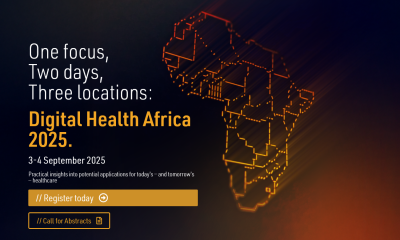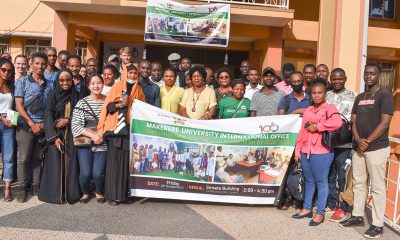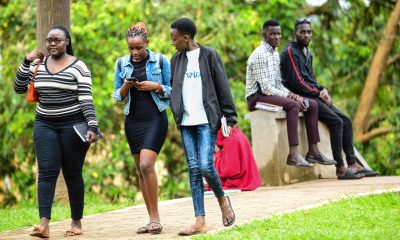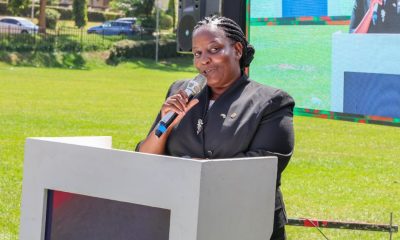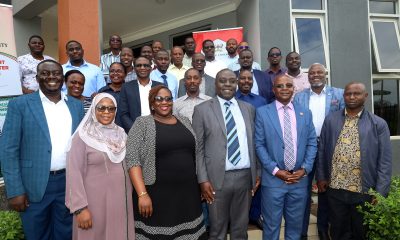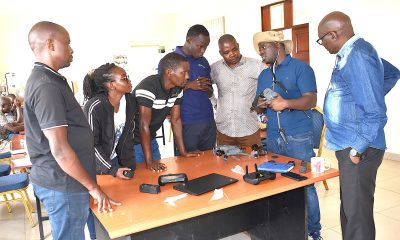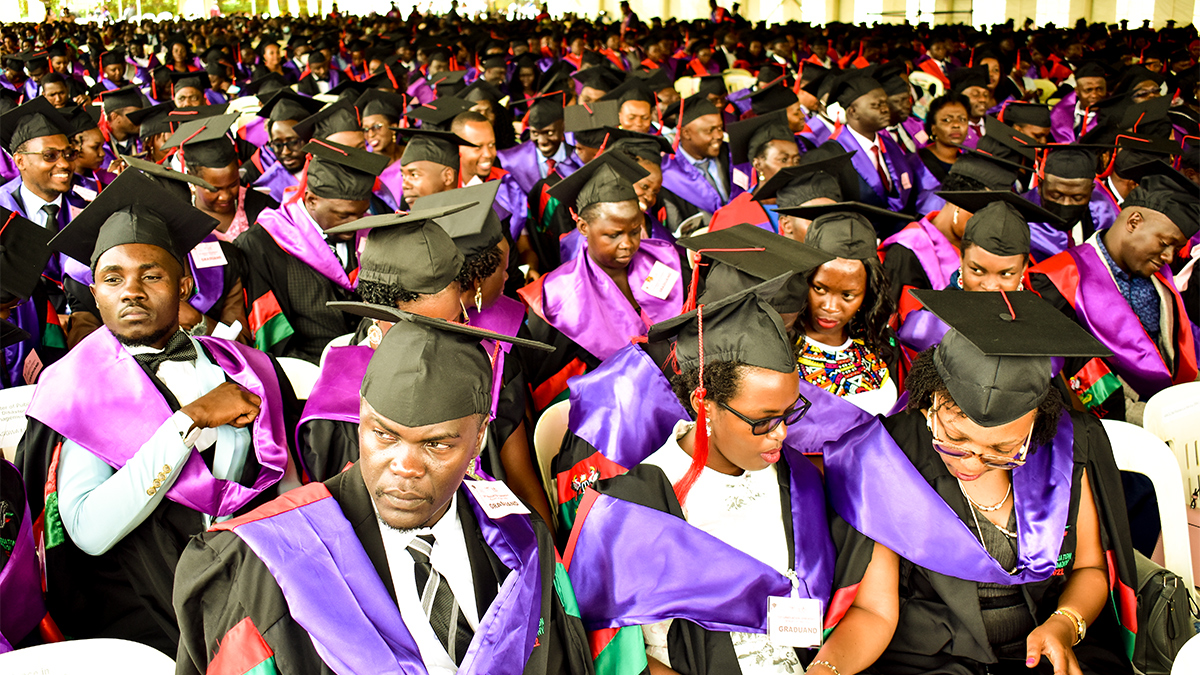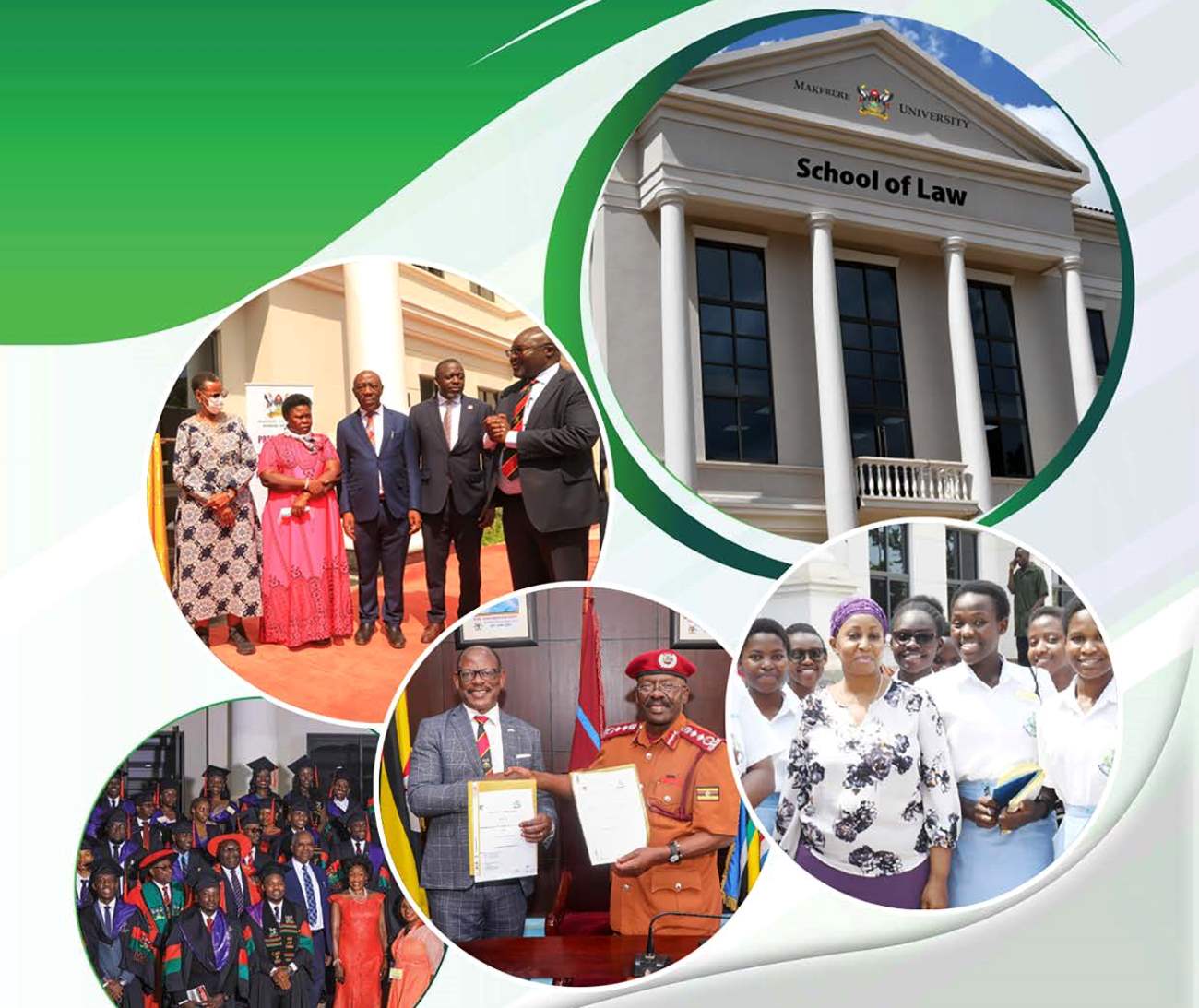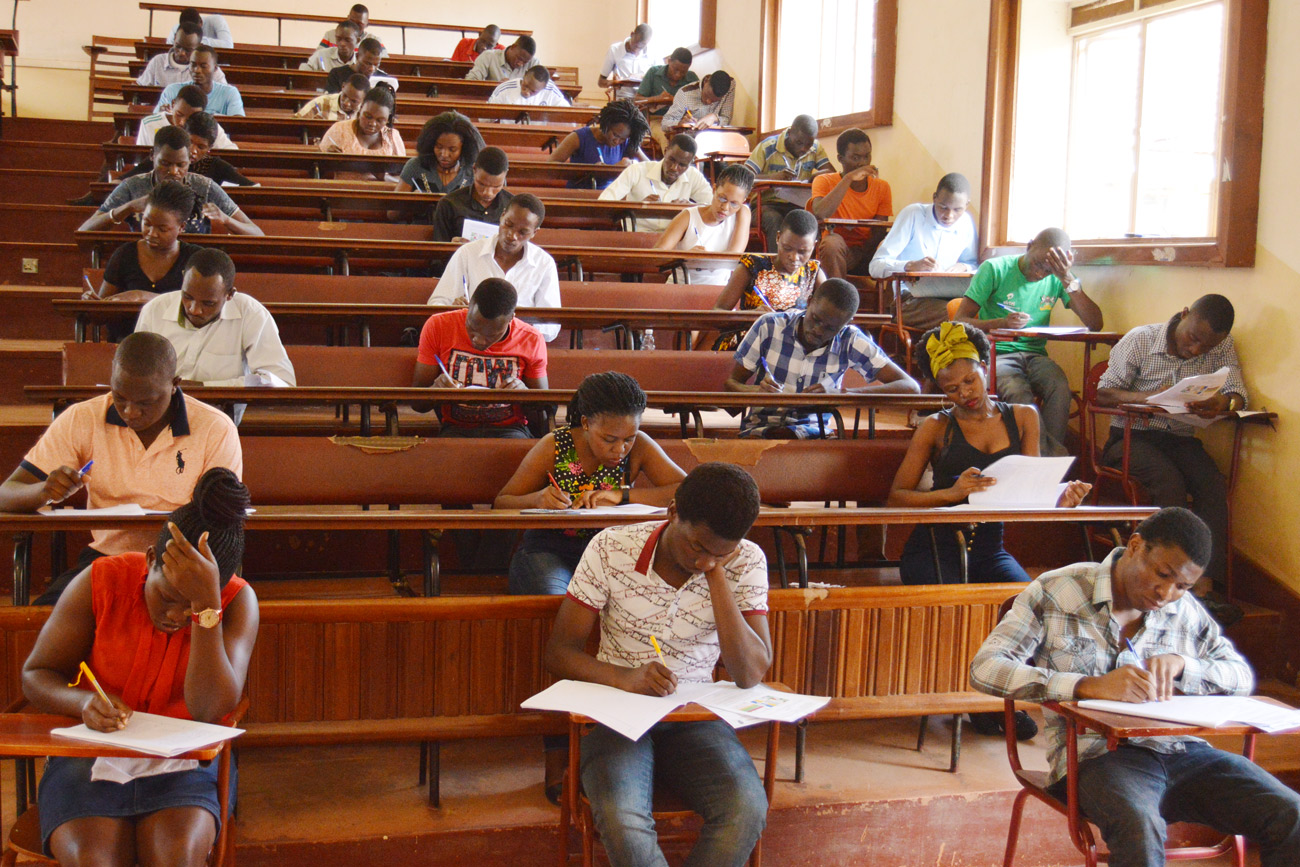The Human Rights and Peace Centre (HURIPEC), School of Law, Makerere University invites excellent and motivated candidates for a doctoral position in climate policies and law. The position is part of the DANIDA funded research project titled: “Charcoal Conflict in Climate Change’s Decarbonisation Dilemmas: Knots of Livelihood, Nutrition, Communities, Gender, Migration and Energy in East Africa”. The successful applicant will join a vibrant international research environment and enrol at the School of Law, Makerere University. The studies are expected to begin on 1 November 2023. The scholarship position is for 4 years ending on 30th November 2027.
The Project “Charcoal Conflict in Climate Change’s Decarbonisation Dilemmas” explores the conflict potential in green transitions in Uganda and Tanzania, with a special attention to the ways charcoal is embedded in local communities and therefore tied up with food, health, gender, youth, migration, ethnic relations and the informal economy. Local level field work in select regions within the two countries is connected to on the one hand analyses of the political and legal frameworks in the two countries and on the other hand the global climate management regime, formal and informal, that increasingly puts low-emission countries under pressure of energy transitions.
The candidate selected for the advertised doctoral position will principally contribute to the project by developing her or his original analysis of Uganda and Tanzania’s legal and policy frameworks as they relate to the social and economic dynamics of charcoal under the terrain of relevant laws and polices mapped out by global climate regimes. This will happen in close collaboration with the research teams in Uganda, Tanzania and Denmark, which include: one other PhD from Tanzania, Post-Doctoral researchers and senior scholars from the three countries.
The project is a collaboration between three partners: The Human Rights and Peace Centre (HURIPEC) a semi-autonomous department under the School of Law at Makerere University in Kampala, Uganda; St. Augustine University of Tanzania (SAUT), a private University in Mwanza, Tanzania, contributing expertise in health, gender and peace studies; The Centre for Resolution of International Conflicts (CRIC) at the Department of Political Science, University of Copenhagen, a hub for peace and conflict research in Denmark.
Duties and Responsibilities
The Doctoral student is expected to:
- Develop an independent research project for an LLD thesis that covers the local levels of the project (Uganda and Tanzania) in a way that productively supports the overarching project and the other sub-projects.
- Participate actively in the development of the CHARCOAL CONFLICT project and its academic activities, including collaborating in refining the project design and methodology and further developing the theoretical framework
- Prepare and participate in joint publications and workshops and help make an impact on the scholarly and public debate on global climate politics and (in)justice
- Travel to Tanzania and Denmark for annual retreats, participate in field trips and possibly stay for some periods at partner universities.
- Assist in carrying out administrative and coordination duties associated with the project, including interim reporting to DANIDA, co-organisation of workshops, the project website and initiating new initiatives.
Your Competencies and Opportunities
- The applicant must be Ugandan and must have a Master of Laws (LLM) degree from a recognized university. Candidates who display knowledge of de-colonial and critical legal theory approaches to the field of study will have an added advantage. Applicants must be motivated, creative and mature and should display enthusiasm and good interpersonal and communication skills. They must display good knowledge of East Africa, its laws and policies especially as they relate to the social, economic and political dynamics of charcoal, renewable energy transitions and climate change in the region.
Other possible competences include:
- A good grasp of relevant academic literature
- Strong academic writing skills
- The ability to work independently as well as collaborate with other members of a research team
- An ability to work across disciplines and in an international context.
Scope of the Scholarship
The Scholarship will cover the following:
- Full Tuition fees for up to four years
- A generous monthly stipend for the duration of the doctoral studies.
- Research period of 3 months at CRIC in Denmark
- Full access to the Danish Library and other connected libraries.
- Extra and thorough supervisory research support from senior academics under the project at HURIPEC, SAUT & CRIC.
Other benefits:
- Being part of an ambitious team that aims to produce high quality research with significant policy relevance.
- The opportunity to develop an independent research agenda within the overall project.
- Being part of a strong multidisciplinary research environment within Law, Sociology, International Relations and Conflict Research.
- Get the opportunity to see typical Northern research agendas challenged by excellent scholars from East Africa and being part of this team.
- Funding for participation on project relevant conferences.
Instructions for Application
Applicants should submit a 5 page concept note of their planned thesis exploring any of the project themes and objectives but with an emphasis on the social–economic impact of the legal and policy frameworks on charcoal in the clean energy transition discourses in both Uganda and Tanzania. The concept should include key questions, a theoretical framework, methodology and how the planned thesis will add to already existing research. The concept note should also comprise a preliminary bibliography and a preliminary study plan. All applications will be reviewed by an appraisal committee following which the successful applicants will appear before an expert panel for further assessment. The successful candidate will be asked to fulfil the admission requirements at Makerere University before submitting a full proposal.
Assessment Criteria
The following criteria will be followed when shortlisting candidates for assessment:
- Relevant qualifications and knowledge to the proposed area of study
- Research qualifications relevant to the overall research project.
- Quality and feasibility of the concept note
- Originality and creativity of the research concept.
- Significance of the research in respect to any of the following issues:
- (i) The special need addressed in society / discipline.
- (ii) Providing a solution to an existing problem
- (iii) Improvement of a critical service
- (iv) Proposal for alternative best practice or cost effectiveness
- (v) Contribution to a strategic goal or global issue
- Performance (grades obtained) in graduate and post-graduate studies.
Concept notes together with the accompanying documents should be submitted electronically to the following E-mails: sylnamwase84@gmail.com copying busingye.kabumba@amugalu
The following are the required accompanying documents:
- A Cover Letter addressed to the HURIPEC Director, detailing your motivation and background for applying for the LLD programme.
- A work plan demonstrating ability to complete the LLD programme in less than or within four years.
- A CV including list of publications, where available.
- Recommendation from at least one senior academic in a recognised institution of higher learning.
The application must be submitted electronically. Deadline for applications is: 15th October 2023.
View on HURIPEC
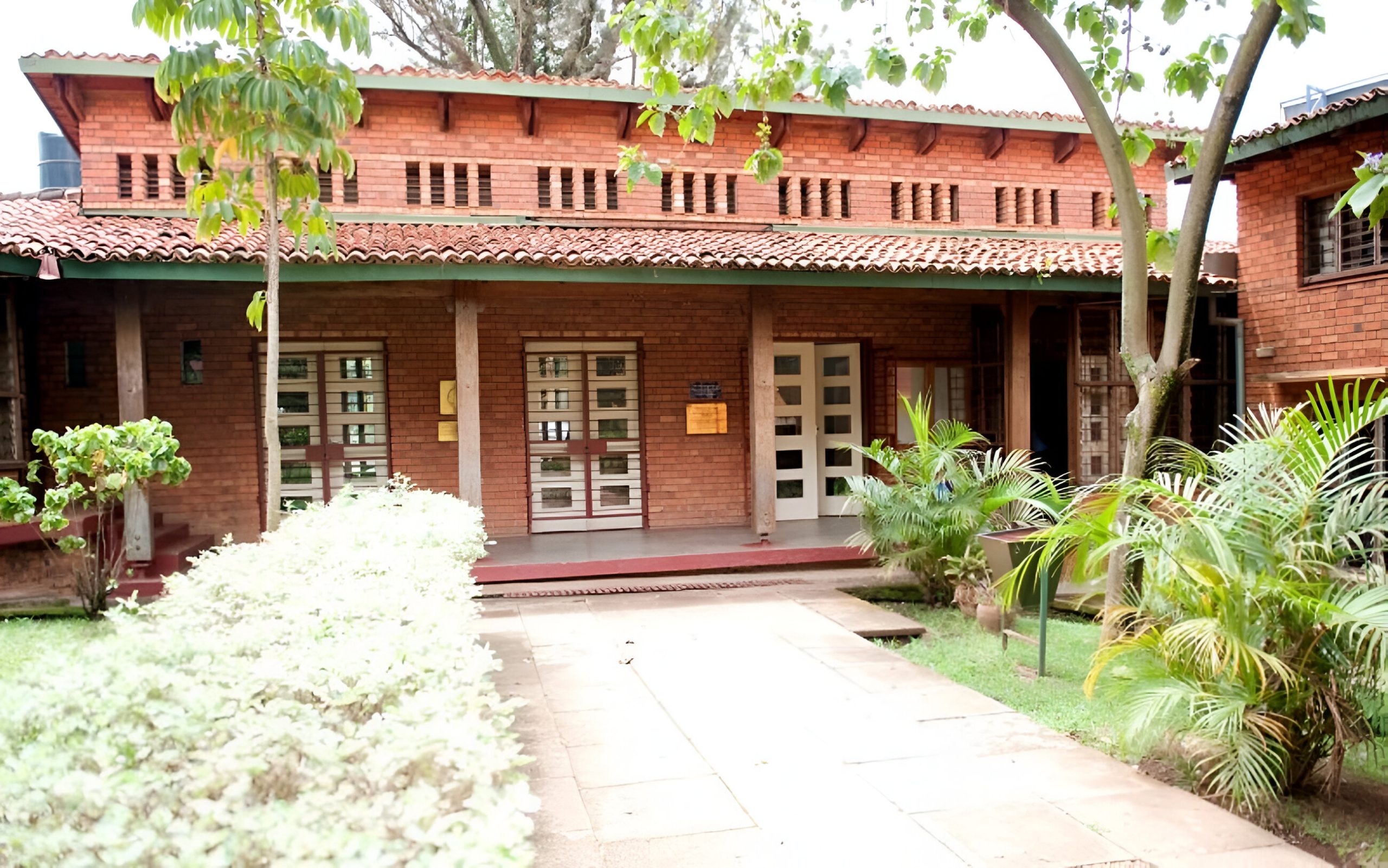

 General6 days ago
General6 days ago
 General1 week ago
General1 week ago
 General1 week ago
General1 week ago
 General1 week ago
General1 week ago
 General2 days ago
General2 days ago
